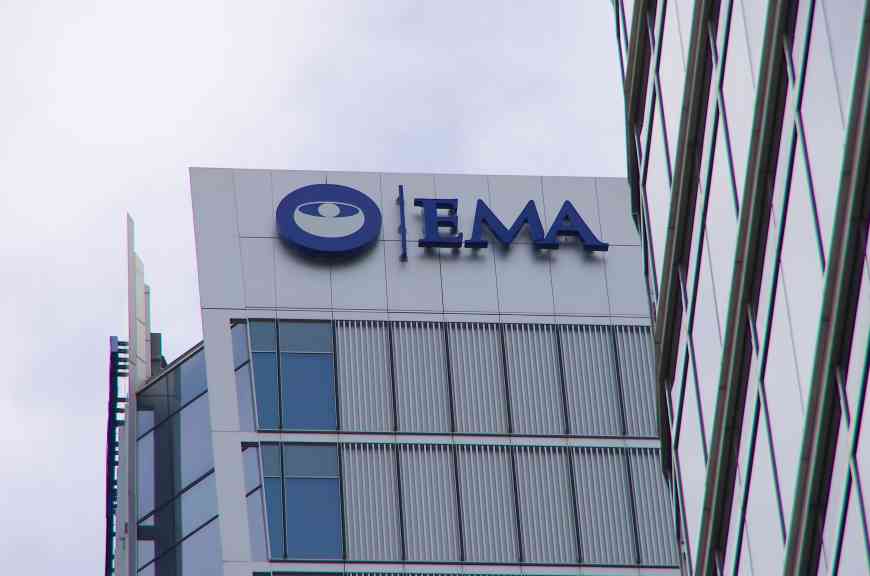Are you making the most of the incentives and benefits that are available to support small businesses?

Published on: Nov 29th, 2019
The importance of SMEs is nicely captured in a quote by Jean-Claude Juncker, President of the European Commission:
“We must not stifle innovation and competitiveness with too prescriptive and too detailed regulations, particularly when it comes to small and medium-sized enterprises (SMEs). SMEs are the backbone of our economy, creating more than 85 % of new jobs in Europe and we have to free them from burdensome regulation.”
To ensure support for these enterprises is administered consistently and fairly, when determining which companies are eligible for SME status, the European Medicines Agency applies the EU definition in Commission Recommendation 2003/361/EC33. This means that companies are assessed according to the type of enterprise (autonomous, partner, linked) and size (micro, small or medium, defined by headcount).
To be eligible for SME status, a Company must meet the following criteria:
-
It must be established in the European Economic Area (EEA)
-
It must employ less than 250 employees and have an annual turnover of not more than €50 million or an annual balance-sheet total of not more than €43 million.
It’s worth mentioning that depending on the category in which an enterprise fits, some or all the headcount and financial data from another partner or linked enterprise may have to be considered, and this is important in determining eligibility for SME status.
The primary aim of the European Commission SME initiative is to promote innovation and the development of new medicinal products by smaller companies. To achieve this, incentives are provided to help SMEs overcome the main financial and administrative hurdles associated with pre-marketing procedures, particularly in requesting and leveraging scientific advice, in making Marketing Authorisation Applications (MAA) and regarding inspection procedures. The initiative also introduces incentives for post-authorisation procedures.
Benefits offered to SMEs by the EMA:
-
Regulatory, administrative and procedural assistance is available from the Agency’s SME office. This includes SME briefing meetings which provide a useful platform for a company to discuss regulatory strategy. They are available at any stage of a products development and are provided free of charge. Other benefits include help with translations of product information (summary of product characteristics, label, package leaflet and relevant opinion annexes) into all the official EU languages, and guidance on clinical data publication and redaction (to comply with Policy 70 and the General Data Protection Regulation (EU) 2016/679).
Fee incentives:
-
Fee reductions for scientific advice (90%), scientific services, inspections (e.g. 90% fee reduction for any GMP, GCP, GLP, or pharmacovigilance inspection requested by EMA)
-
Fee exemptions for certain administrative services conducted by the EMA (e.g. EMA Certificates of Medicinal Products and ‘Article 58’ scientific opinions for human products intended exclusively for markets outside the EU)
-
Deferral of the fee payable for an application for marketing authorisation or related inspection
-
Conditional fee exemption where scientific advice is followed but a marketing authorisation application is not successful
-
Fee reductions and exemptions for post-authorisation procedures for centrally authorized products
-
Fee reductions and exemptions for pharmacovigilance activities for all products irrespective of the authorisation route.
-
One question we frequently hear concerns confusion with Orphan Drug Designation (ODD) and SME status. For example, a client may have a product that has been awarded Orphan Drug Designation, and they wish to know whether there is any additional advantage in requesting SME status?
The short answer is yes. As you can see from the table below, whilst a number of incentives are available to support the development of an orphan medicinal product, additional benefits are available with SME status.
|
Fee incentives |
Orphan medicinal product + applicant non-qualified SME |
Orphan medicinal product + applicant qualified SME |
|
Protocol assistance |
75% reduction of the total applicable fee (non-paediatric-related*)100% reduction of the total applicable fee (paediatric-related*) |
100% reduction of the total applicable fee |
|
Inspection (pre-authorisation) |
100% reduction of the total applicable fee |
100% reduction of the total applicable fee |
|
Application for a marketing authorisation |
10% reduction of the total applicable fee |
100% reduction of the total applicable fee |
|
Scientific services |
Not applicable |
100% reduction of the total applicable fee |
|
Post-authorisation activities, including annual fees, during the first year after marketing authorisation |
Not applicable |
100% reduction of the total applicable fee |
|
Inspection (post-authorisation) |
Not applicable |
90% reduction to the total applicable fee |
*There is an obligation to submit the results of studies conducted in compliance with an agreed paediatric investigation plan (PIP). If not available, your application for a new marketing authorisation cannot be validated, and consequently, its assessment cannot be initiated.
Given the time and cost involved in developing a medicinal product, the benefits and incentives available to SMEs are considered significant, and we believe Manufactures would be well advised to take full advantage of them.

Questions? Get the answer by our expert team
No two product developments are the same, talk to our experts about your development challenges and we will provide your actional recommendations.
